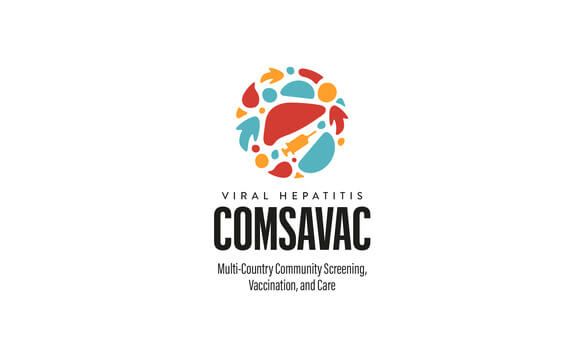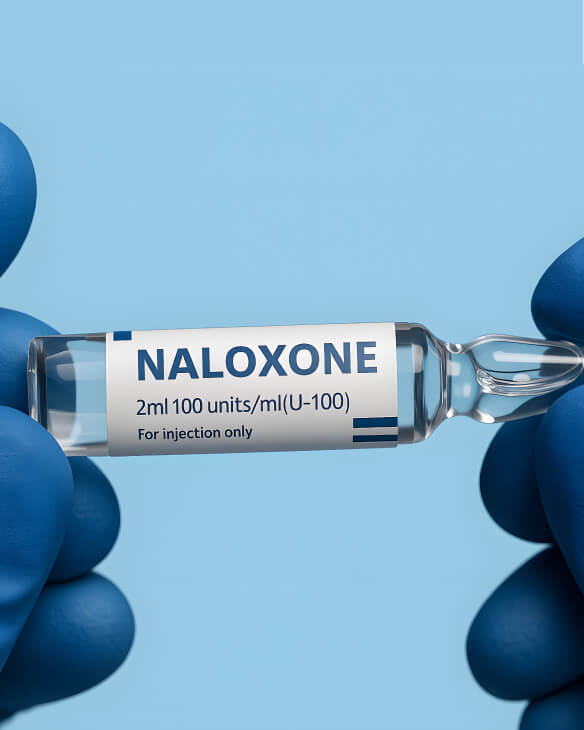VH-COMSAVAC

Actions implemented under the project:
- Awareness and information on viral hepatitis B and C
- Awareness and sensitisation of and information on awareness-raising on Hepatitis B and C. Screening for Hepatitis B and C through RDTs (HBsAg and anti-HCV screening)
- Cooperation with “Athens General Hospital Laiko” for the analysis of blood samples

- Hepatitis B vaccination (and planning for the second and third dose of the vaccine)
- Data recording and utilisation
- Communication of results to other countries
In total, 788 people underwent free testing for hepatitis B and C. Of these:
- 47 individuals (≈6%) tested positive for anti-HCV
- 17 people (≈2.2%) tested positive for HBsAg
- 3 persons (≈0.4%) had co-infection of HBsAg and anti-HCV
Of the participants with positive results, 37 had active HCV or temporary access to healthcare and were referred for further testing and care.
Of the 61 participants with a positive result, 37 had an active AMKA or PAYPEK (Prisoner Provisional Health Care Access Number) and were referred for further diagnostic testing.
⇒ Of the 35 anti-HCV+ with access to care, 27 underwent HCV-RNA, with 16 confirmed active infections.
- 12 of them (11 in Korydallos and 1 in Thessaloniki) received the entire treatment in prison.
- The remaining 4 without HCV were able to access medical care to start treatment.
⇒ Of the 10 HBsAg+ with potential for further testing, 6 were tested for HBV-DNA and confirmed with detectable viral load.
- 3 individuals required treatment and were followed up in a hepatology clinic.
- 2 are under follow-up with no immediate treatment required.
- 1 person from street-outreach was lost to follow-up.
⇒ 14 persons were vaccinated against hepatitis B during the project (4 persons from out-of-prison activities and 10 persons while in prison).
The project was implemented in Spain (with ISGLOBAL (Project Coordinator and Salud Entre Culturas as implementing agencies), in Italy (with Universita Cattolica del Sacro Cuore and Fondazione IRCCS Ca’ Granada Ospedale Maggiore Policlino as implementing agencies) and in Greece (with Prometheus as implementing agency).

